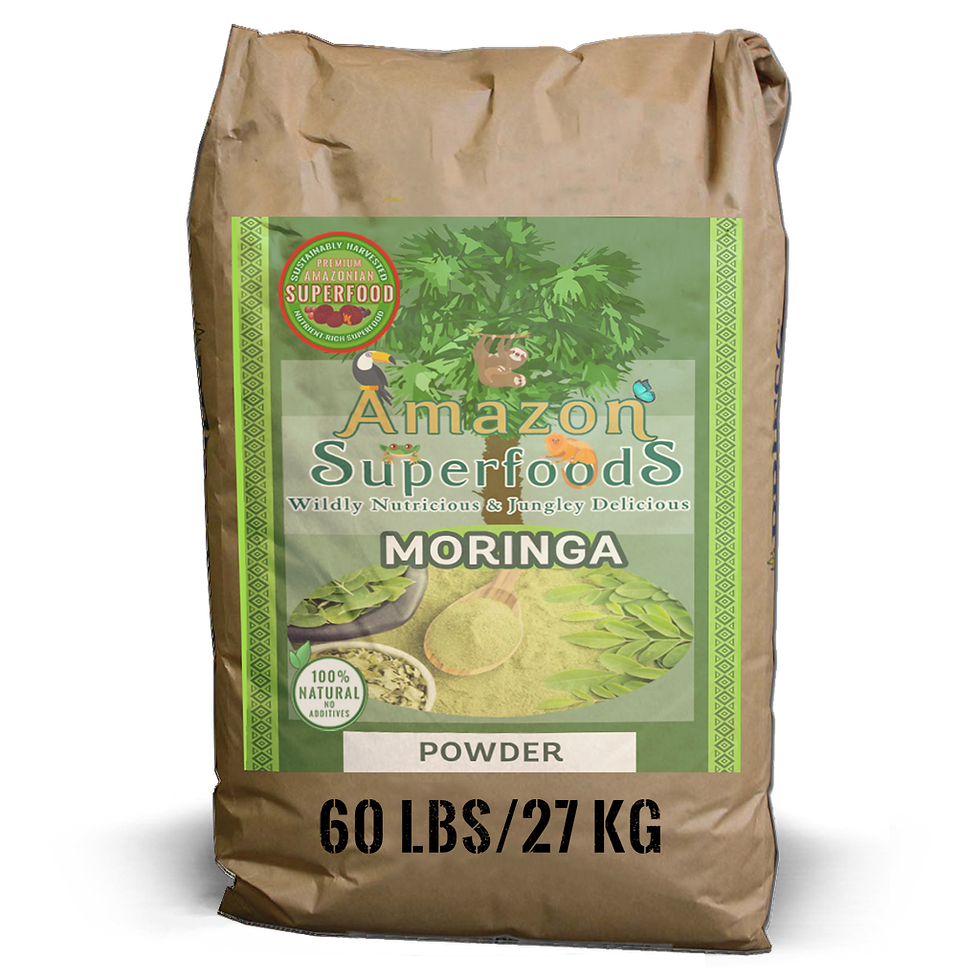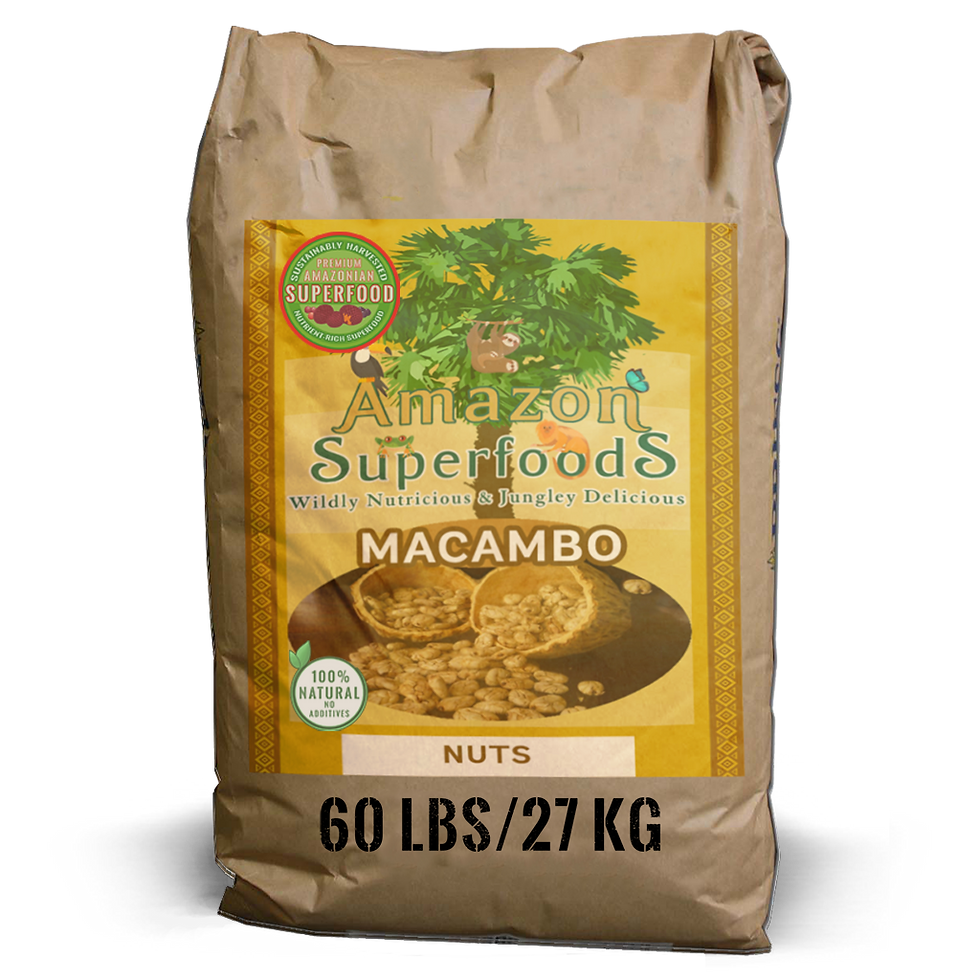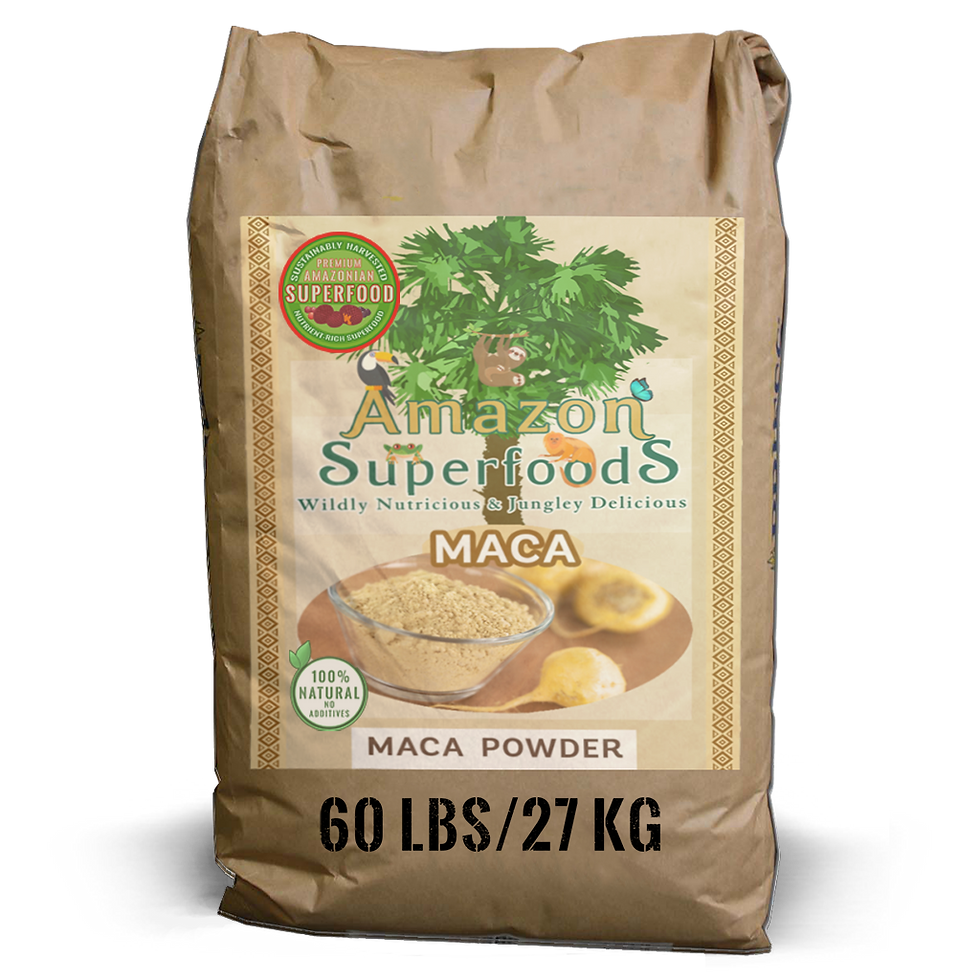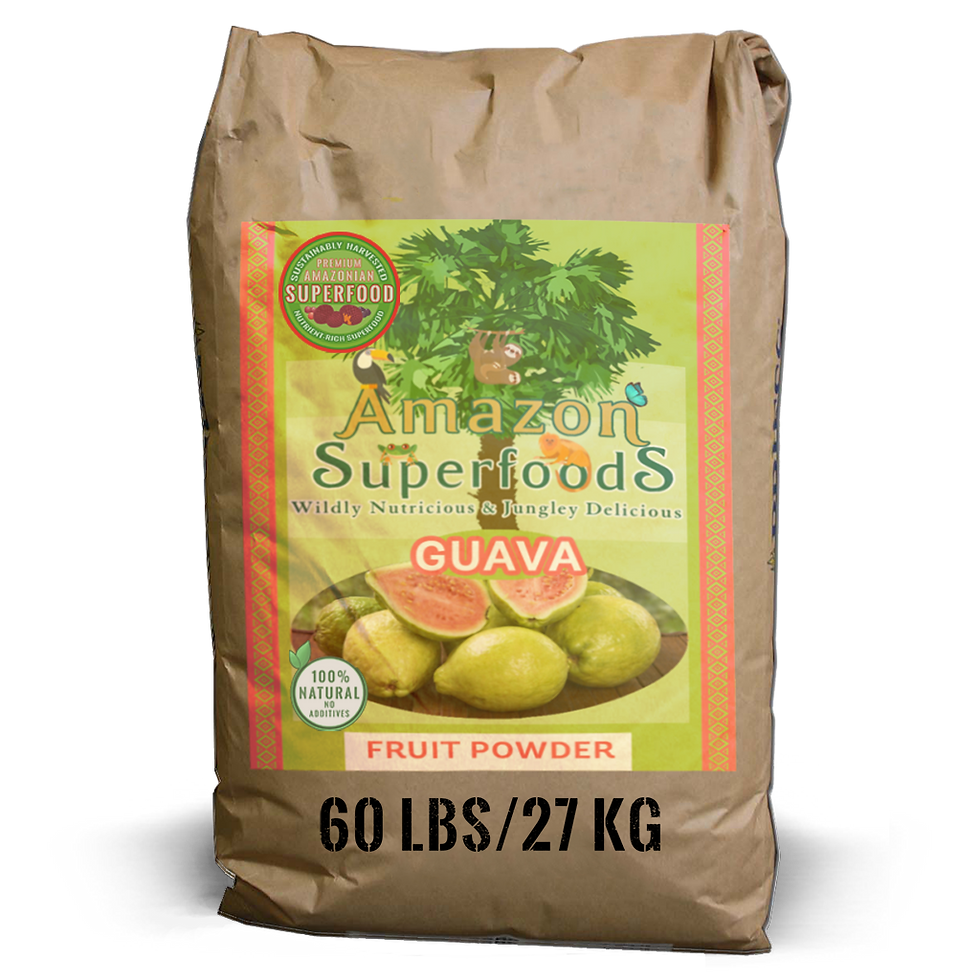top of page
The Vegan Diet has become very popular. Increasingly more people have decided to go vegan for ethical, animal rights, environmental or health reasons. When done right, such a diet may result in various health benefits, including; a trimmer waistline; improved kidney function; controlled blood sugar to keep type 2 diabetes in check; strong defense against certain cancers; lowered risk of heart disease and contracting Alzheimer's and Parkinson´s; and reduced pain from arthritis. (Source: American Dietetic Association and the American Heart Association). Nevertheless, a diet based exclusively on plant foods may, in some cases, increase the risk of nutrient deficiencies (www.healthline.com).
Veganism is defined as a way of living that attempts to exclude all forms of animal exploitation and cruelty, whether for food, clothing or any other purpose. For these reasons, the vegan diet is devoid of all animal products, including meat, eggs and dairy.
There are different varieties of vegan diets. The most common include:
Whole-food vegan diet, which is a diet based on a wide variety of whole plant foods such as fruits, vegetables, whole grains, legumes, nuts and seeds.
Raw-food vegan diet, which is based on raw fruits, vegetables, nuts, seeds or plant foods cooked at temperatures below 118°F (48°C).
The starch solution, which is a low-fat, high-carb vegan diet that focuses on cooked starches like potatoes, rice and corn instead of fruit.
Junk-food vegan diet, which is a diet lacking in whole plant foods that relies heavily on mock meats and cheeses, fries, supermarket vegan desserts and other heavily processed vegan foods.
Foods to eat. Health-conscious vegans substitute animal and sea food products with plant-based replacements, such as; tofu, tempeh and seitan (which provide a versatile protein-rich alternative to meat, fish, poultry and eggs); legumes (beans, lentils and peas are excellent sources of many nutrients and so are sprouting and fermented vegetables); nuts and nut butters (which are good sources of iron, fiber, magnesium, zinc, selenium and Vitamin E); seeds (especially hemp, chia, sacha inchi and flaxseeds); algae (spirulina and chlorella are good sources of complete protein); grains and cereals such as quinoa, maca and kiwicha (which are great sources of fiber, iron, B-Vitamins and several minerals); fruits and vegetables (which are excellent sources of proteins, minerals, antioxidants, vitamins and omega oils foods, especially leafy greens and e.g. all Amazon Superfoods).
Foods to avoid in a strict vegan diet are obviously; meat and poultry, fish and seafood, dairy, eggs, bee products and animal-based ingredients, such as lactose, gelatin, animal-derived vitamins and fish-derived omega 3 fatty acids.
Favouring a well-planned diet that limits processed foods and replaces them with nutrient rich foods instead is important for everyone, not only vegans. That said, those following poorly planned vegan diets are particularly at risk of certain nutrient deficiencies. For that reason the Amazon Superfood products can play an important role to ensure that any vegan diet is not lacking in the essential nutrients that all body functions require. Apart from the Superfoods mentioned above under foods to eat, also Macambo nuts and Sacha Inchi seeds are suggested to be included in a vegan diet.

All products marketed by the Amazon Superfoods Company are 100% natural as they are cultivated and harvested in a chemical free and organic environment by independent local and indigenous communities living deep in the Peruvian Amazon Rainforest, except for Maca which originates from the Peruvian Andean Highlands.
Shop Vegan
bottom of page












